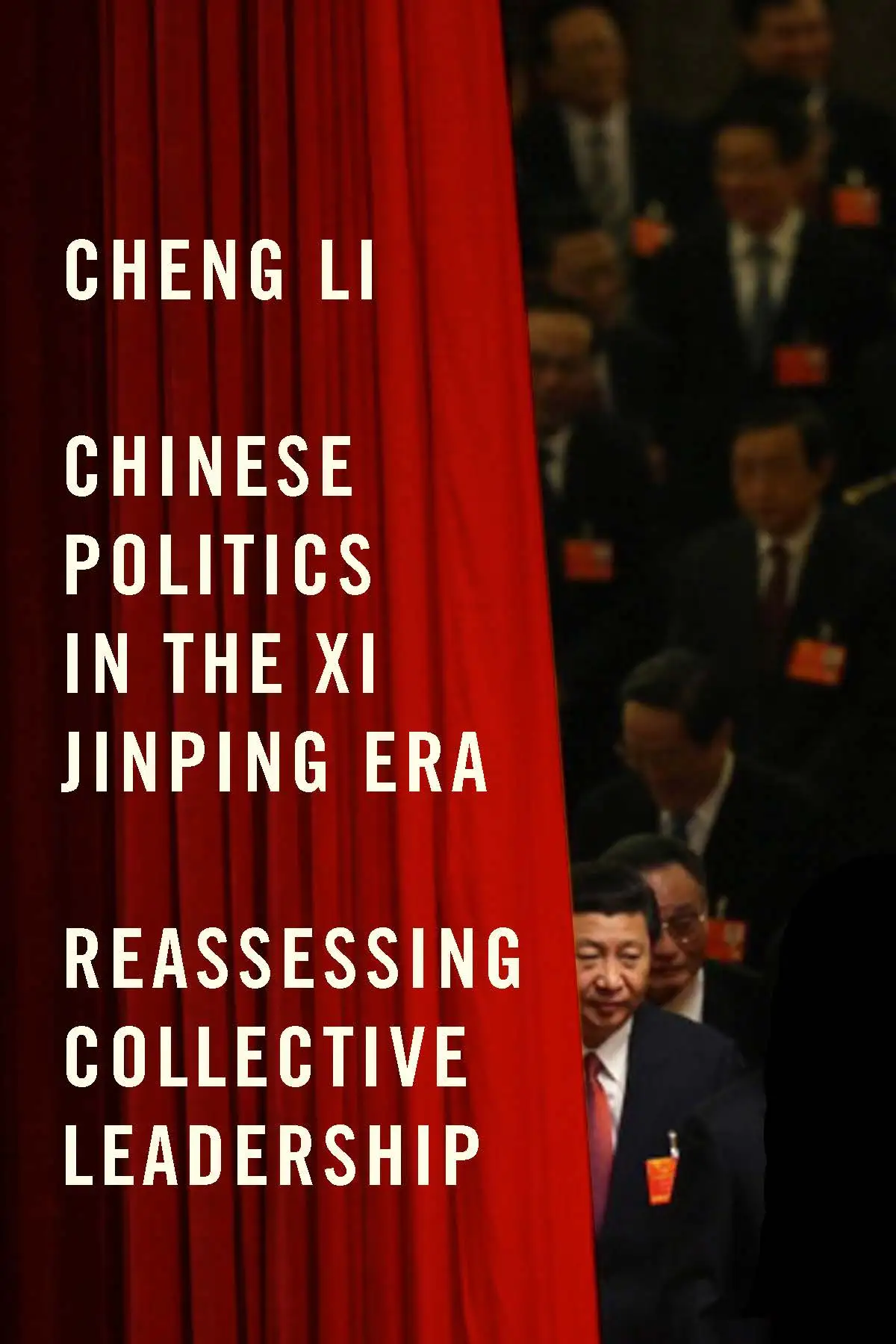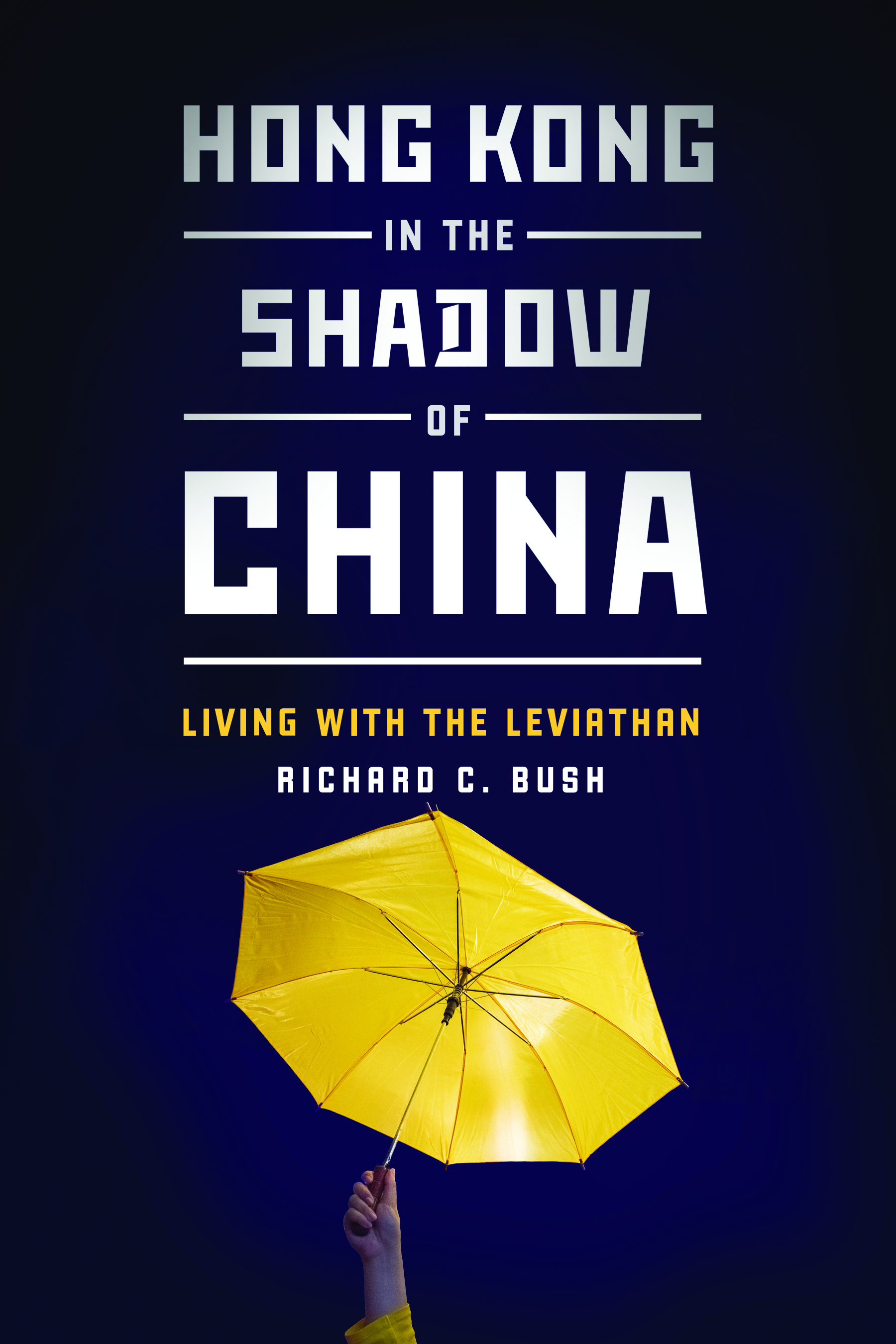Tuesday’s sudden, surprising move by the Chinese government to devalue the renminbi by almost 2 percent against the US dollar was the biggest one-day decrease in the value of that currency against the greenback in over 20 years. This policy reflects concerns in Beijing about the recent lukewarm performance of that country’s economy. It is an effort to spur Chinese exports, an important source of economic growth for that country, in the face of weaker demand in the rest of the world, and weaker demand in China itself as the value of its stock market has plunged.
This policy is unlikely to have a big impact in China any time soon – which means that yesterday’s move may prove to be the first of several renminbi devaluations. Renminbi devaluations in the future, like the one that just happened, will lower the value of other currencies against the US dollar, offsetting the desired effect for China. A falling renminbi could also cause headwinds that slow growth in other countries; but this is less of a beggar-thy-neighbor policy than a reflection of how adjustments come about when economic performances diverge across countries.
A country’s exchange rate is one of its most important prices, translating the local cost of its goods into prices in foreign markets. But a country does not have just one exchange rate, rather it has a wide range of bilateral rates. The foreign exchange market response to the Chinese devaluation against the dollar was an immediate depreciation of other currencies against the dollar as well, including the Korean Won, the Australian dollar, and the Canadian dollar.
This means that there was a much smaller change in the value of the renminbi against these currencies than against the US dollar. In particular, the recent decline in the value of the Canadian dollar against the US dollar, along with a further plunge in its value in the wake of yesterday’s renminbi devaluation, means that the remnimbi is still stronger against the loonie today that it was, on average, in July.
These offsetting movements in cross rates are not the only reason that the renminbi devaluation is unlikely to provide a quick turnaround for the Chinese economy. The effects of a fall in a country’s exchange rate movements only fully feeds through to spurring production over a year or more. International trade contracts are written well in advance of the actual delivery of goods. Today’s devaluation could affect orders delivered next year, but that is unlikely to quickly counter current sources of weakness in the Chinese economy.
A slow response to yesterday’s devaluation could mean that authorities reach for another tug at the policy lever before too long. If this happens, or even if it is just considered a likely possibility, the increasing weakness in the renminbi would reduce dollar returns in investments in China, scaring off investors who are already leery of the recent weak economic performance of that country.
While the renminbi devaluation represents a policy move by the government, it should also be seen as a reflection of the natural response of the exchange rate to economic weakness. Currencies tend to weaken when a country’s economy wanes. This serves as a natural shock absorber, offsetting the downturn by making a country’s exports more competitive and bolstering the sales of domestic goods that are competing with imports.
The renminbi devaluation is worrisome, not because it represents an unwelcome move by the Chinese government, but rather because it reflects a weakness in the world’s second largest economy at a time when the world economy itself is showing few signs of strength.
Editor’s Note: This post originally appeared on The Globe and Mail.







